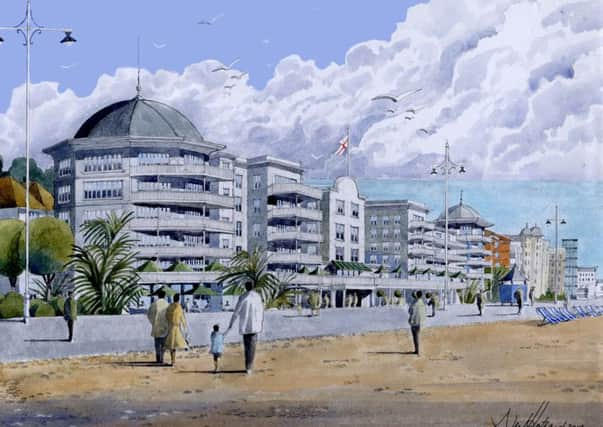Cost of fighting planning appeals in Arun revealed


A total of 29 appeals were determined in 2018, with 25 dealt with by written representations, one dealt with by an informal hearing and three going to an inquiry.
As well as significant officer time, Arun spent £40,500 on consultants defending three decisions to refuse applications, all of which were allowed by a planning inspector.
Advertisement
Hide AdAdvertisement
Hide AdThese were plans for up to 300 homes west of Church Lane and South of Horsemere Green Lane in Climping, an application for up to 50 homes west of New Barn Lane in Bersted and proposals for 100 homes south of Ford Lane in Yapton.
Meanwhile costs were awarded against the council in three appeal cases.
In the Ford Lane, Yapton case the council incurred costs of £10,000, while it also had to pay £6,517 for refusing a scheme for 90 homes and a care home south of the A259 in Angmering.
The third case was the Sir Richard Hotham Project in Bognor Regis. Negotiations are still taking place to have the costs agreed at around £10,000 versus the appellant’s claim of £50,000.
Advertisement
Hide AdAdvertisement
Hide AdAlthough the appeal was allowed the scheme was one put forward by a private developer, with Arun progressing its own regeneration plans.
The figures are in a report due to be discussed by Arun’s development control committee on Wednesday.
On how well Arun is performing between January 2016 and December 2017 Government figures record the number of major application decisions as 82, resulting in seven appeals.
Of these, six are categorised as major decisions which have been overturned at appeal. This scores Arun as 7.3 per cent in terms of quality of decisions compared to a 2.3 per cent average for England.
There are only ten other planning authorities with a poorer performance against this criteria. If the threshold of 10 per cent is exceeded a department is designated as an underperforming authority.